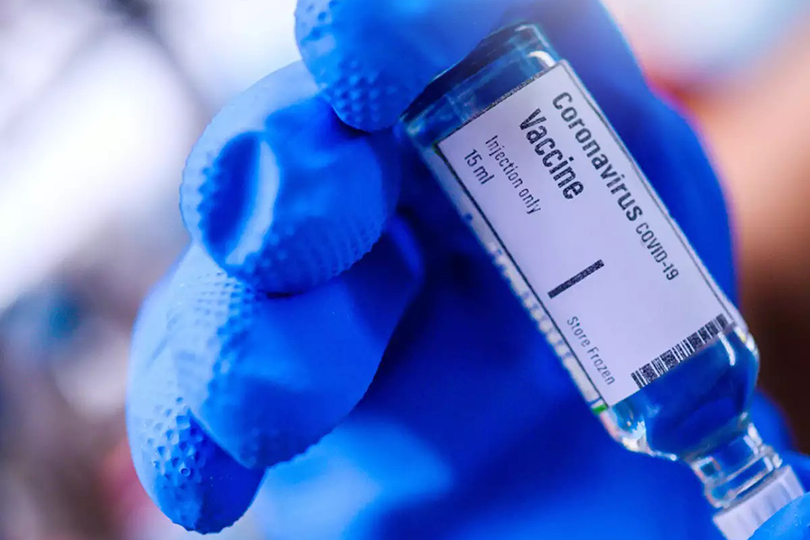Crises wake us up to harsh truths. Just as the wildfires raging across the West Coast in September jolted our attention to the realities of climate change, the economic downfall and health disaster caused by Covid-19 are forcing us to reckon with longstanding problems in capitalism.
Even before the pandemic caused millions to lose their jobs, workers were struggling with the precariousness of work caused by the rise of the gig economy and the deterioration of their bargaining power. Decades of budget cuts have eroded public services. In many large businesses, the practice of rewarding shareholders through stock-buyback schemes — instead of investing in research and development and in wages and worker training — has stifled long-term economic growth. An era of deregulation has allowed businesses to pursue short-term returns, leading to disasters like the 2008 financial crisis.
Things must change. Governments can use the Covid-19 crisis to address flaws in our systems and structures. The race for a vaccine is a good place to start.
The only way to end the pandemic is to develop a Covid-19 vaccine and make it available for free to every person in the world. To achieve this, the public sector needs to shape the drug-innovation process: steering innovation, getting fair prices, preserving supplies, ensuring that patents and competition work effectively and using collective intelligence for a positive impact on public health. This is the intent behind the World Health Organization’s call for a patent pool.
Most countries, however, are not invested in this goal, nor are they investing in global health systems to get through the next wave of the virus. While over 300 vaccine projects are underway, the nations leading those projects are competing instead of cooperating. The wealthiest countries are focused on crossing regulatory finish lines, not developing measures to make a vaccine equitably available or guiding the broader health-innovation system to focus on public health.
Some countries are also failing to address access issues for their own citizens. The United States has no safeguards in place to ensure that Covid-19 treatments and vaccines will be affordable for all Americans, even though the research and development of those drugs is substantially funded with taxpayers’ money. In June, the pharmaceutical company Gilead Sciences announced that it would charge privately insured patients $3,120 per treatment course for remdesivir, a Covid-19 drug developed with a contribution of at least $70 million from taxpayers.
These mistakes are putting lives at risk while prolonging a global economic crisis.
On an international level, governments need to work collaboratively to set firm rules on intellectual property, pricing and manufacturing. They must reach a consensus on the objective of making a vaccine universally available and accessible, as this will affect how production of the vaccine is carried out and governed. Governments also need to write strong conditions into contracts to prevent pharmaceutical companies from charging outrageous prices for Covid-19 therapies and vaccines. This will ensure that the pricing reflects the public contribution to the drugs’ creation.
But the principles behind these changes must apply beyond a Covid-19 vaccine. This is not about punishing companies, but about building a stakeholder approach — sharing both the risks and rewards of wealth and value creation and directing economic growth so all citizens benefit.
We need to improve worker conditions, rebalance public-private relationships and reduce the practice of using corporate profits to boost short-term gains in stock prices. We can also foster a “green recovery,” making both reductions to carbon dioxide emissions and the creation of environmentally beneficial jobs central to economic recovery packages.
The solution to our problems is not just to drum up more stimulus funding; it is to steer that funding toward building a more inclusive, sustainable economy. We have to transform, not just stimulate, the economy or we risk repeating the mistakes of 2008 — when governments injected huge amounts of unconditional liquidity into the system, which drove up asset prices in financial markets but did little to help the real economy.
Conditions that protect public interests are key. In the current crisis, the countries that attached smart conditions to bailouts have made the most headway in recalibrating the public-private relationship.
Austria, for example, made its airline-industry bailouts conditional on the adoption of climate targets. France introduced a five-year target for increased production of electric and hybrid cars to lower carbon dioxide emissions and committed to directing its 8-billion-euro stimulus package toward transforming its automobile industry to support a green recovery. Denmark, France, Belgium and Poland introduced legislation to block companies linked to tax havens from accessing state aid and the European Central Bank urged banks not to pay dividends until 2021 and to exercise “extreme moderation” with regard to bonuses. In the United States, leaders like Senator Elizabeth Warren have called for conditions such as a higher federal minimum wage and the democratization of corporate boards through worker and stakeholder representation, as well as restrictions on dividends, stock buybacks and executive bonuses.
Now is the time to do things differently — not only because Covid-19 poses a major threat to our health and economy, but because greater challenges lie ahead as our planet continues to heat up. Unless we use this crisis to change our ways, we’ll diminish our chances of overcoming the next one







Comments